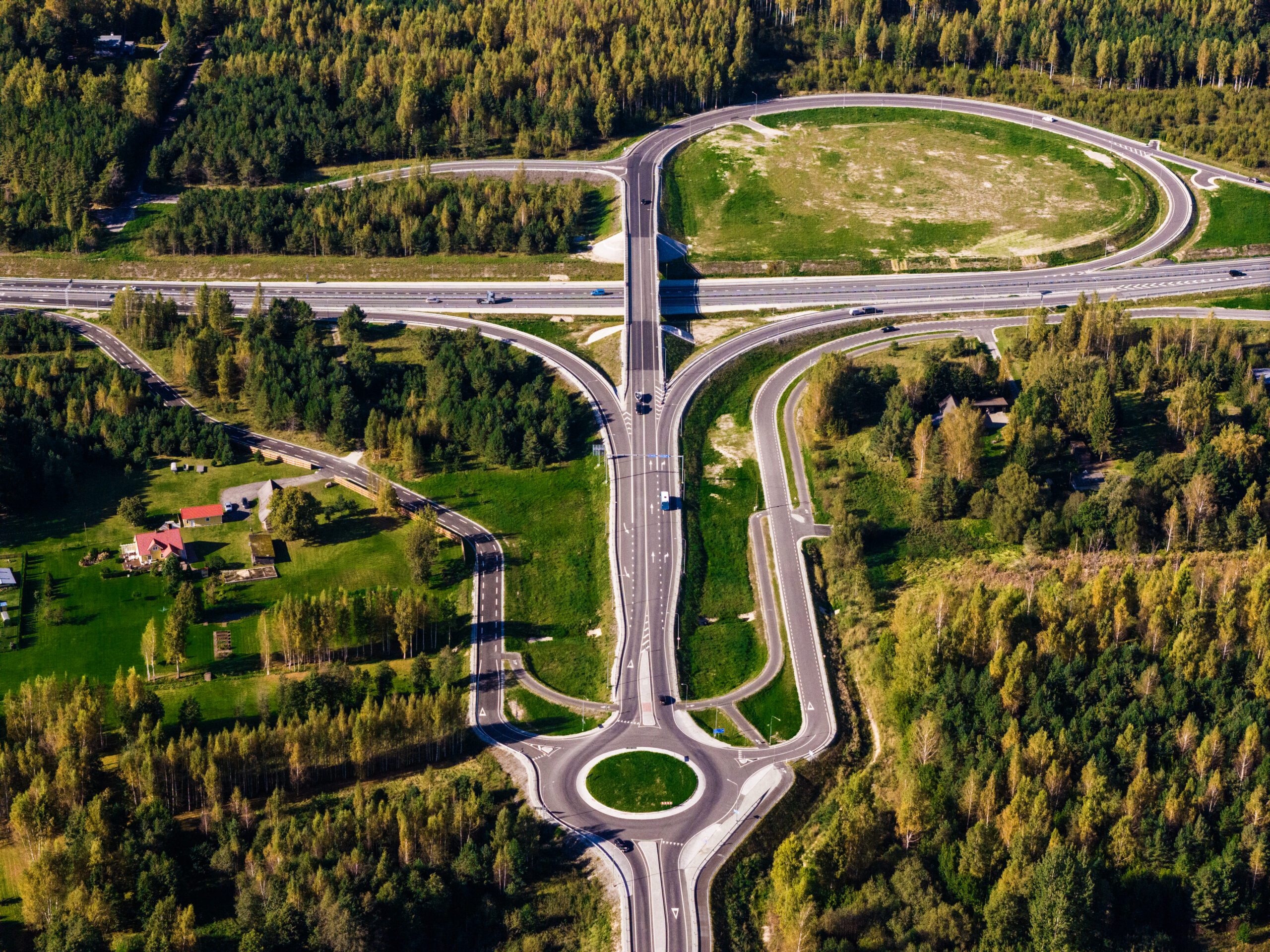The Crucial Role of Road Maintenance in Sustainable Development
Road networks are the backbone of Europe’s economy and daily life, facilitating 74.4% of inland freight transport and 80.6% of passenger transport by cars. However, many European countries face a growing “road repair debt,” stemming from decades of underfunding. This gap threatens not only infrastructure longevity but also road safety, environmental goals, and economic efficiency.
The Alarming Road Maintenance Gap
The European Road Federation (ERF) has highlighted significant underinvestment in road maintenance. From 2000 to 2021, the share of European Investment Bank loans for road infrastructure dropped to just 15%, compared to 59% allocated for railways. Additionally, inflation and geopolitical pressures further strain budgets, while aging infrastructure struggles to meet the demands of heavier and more technically advanced vehicles.
The “Draghi Report” underscores this concern, urging increased investment in road infrastructure to maintain competitiveness and resilience. Neglecting maintenance can exponentially raise future repair costs and lead to unsafe conditions. For example, a delayed road repair can cost three to five times more if left until significant damage occurs.
What Needs to Be Done to Address the Road Maintenance Challenge?
Governments and Public Institutions
- Increase Funding Allocation: Governments need to prioritize road maintenance in national and regional budgets. This requires allocating a higher percentage of infrastructure investments to maintenance instead of focusing solely on new construction projects.
- Develop Long-Term Strategies: Policymakers should implement data-driven strategies to forecast road maintenance needs and allocate resources, accordingly, ensuring the longevity and safety of road networks.
- Promote Public-Private Partnerships (PPPs): By collaborating with the private sector, public institutions can leverage innovative technologies and sustainable practices, enabling efficient project execution.
Private Sector
- Innovate and Invest: The private sector plays a crucial role here and road construction and maintenance companies must lead by example.
Verston Group is actively integrating digital technologies, such as its Infrafly platform, to improve road asset management. This system enables data-driven maintenance decisions, enhancing road durability while reducing costs and environmental impact.
Building Information Modeling (BIM) is another technology Verston is investing in to enable stakeholders to visualize the entire road construction project in a virtual space before the actual construction takes place. Through BIM, intricate road designs, material specifications, and construction processes can be meticulously planned and fine-tuned, reducing the likelihood of errors and streamlining the construction process.
- Adopt Sustainable Practices: Prioritizing eco-friendly materials and construction methods is now a standard expectation and an obvious goal for most companies. However, true sustainability requires going beyond the obvious.
Verston, for example, not only aligns with European Union climate goals by emphasizing material recycling and renewable energy in road construction and maintenance but also adopts a holistic, 360° approach to sustainability.
This includes small but impactful everyday actions, like using biodegradable supplies as well as actions such as biking to work. By embedding environmentally-conscious practices into both large-scale operations and daily routines, Verston is setting a powerful example of how sustainability can be integrated into every facet of business and life.
- Attract Smart Talent and Partnerships: Companies must strive to engage not only skilled and smart talent, but also encourage collaborative partnerships, facilitating creativity to thrive and flourish. This will not only lead to more innovation and greater progress, but also better business outcomes.
Verston’s strategy has always been to first invest in its people. Where they identify any gaps in existing and required skills or experience, collaboration with academic institutions and other experienced stakeholders not only helps solve issues at hand, solidifies stakeholder relationships, but also helps in the personal growth of the involved personnel.
Collaborating/Partnering with various stakeholders to drive research, innovation, and sustainability is what has helped the company gain a strong foothold within Estonia in record time and is helping Verston redefine the industry’s standards.
Communities and Road Users
- Advocate for Transparency: Citizens and businesses relying on road infrastructure can advocate for greater transparency and accountability in how road maintenance budgets are spent.
- Encourage Responsible Usage: Communities can contribute by reducing the strain on road networks through measures like carpooling, promoting public transportation, and adhering to traffic regulations.
Collective Vision
To address the growing road repair debt sustainably, stakeholders must embrace innovation and collaboration. Public entities, private companies, and communities need to work together, focusing on durable and environmentally conscious solutions. Leadership from companies like Verston Group, with its commitment to sustainability and technological advancement, can inspire the entire sector to move toward a greener, more efficient future.
By shifting from reactive repairs to proactive maintenance and embracing sustainability-focused innovations, Europe can ensure its road network meets the demands of a greener, more connected future.
Do you want to solve the challenge and don’t know where to start?
If you are in any of the above stakeholder categories and want to contribute to solving this challenge, but don’t know where to start – our experts in Verston are willing to show you the guiding light.
Reach out to us through our LinkedIn channel and we’ll get back to you ASAP.
Sources:
